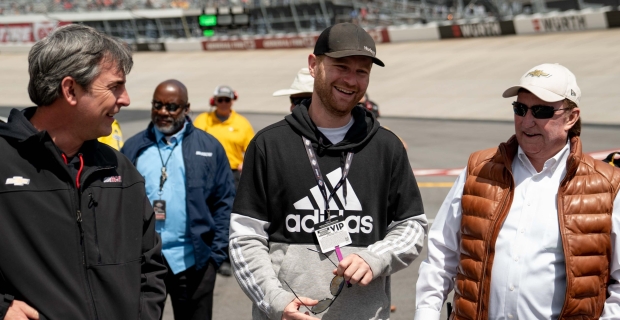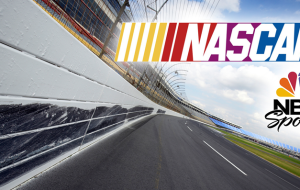Sponsorships are largely viewed as vehicles to accomplish an assortment of marketing goals by creating connections with consumers. Sure, that can increase brand affinity and loyalty, but what about tapping into sponsorship assets to support business development efforts too?
It makes a lot of sense, because the objectives in connecting with commercial customers are largely the same as connecting with consumers, albeit with the more immediate payoff of a direct sale.
That’s why any well-rounded sponsorship platform should also include business development activities: to increase revenue-generation opportunities and fully realize a return on the sponsorship investment.
Building customer relationships through big experiences
Business is, and will always be, driven by relationships – any sales professional will tell you that. But commercial customers require a different approach than consumer customers, because generally the stakes are higher: we’re talking partnerships or contracts worth hundreds of thousands (if not millions) of dollars.
Building stronger relationships with high value customers requires something a bit more. That’s where activating sponsorship elements to host customers comes into play.
It can be difficult to get any face-time with your customers, so just getting quality time through customer intimacy is a win. But what really enhances business relationships is giving those customers unique experiences through unfettered access to a team and a sport. This touches on a point of passion for them, and it’s something that can rarely be bought.
In our world, these experiences could include anything from a behind-the-scenes tour of our teams in action at the track or a one-on-one meeting with our drivers. By sharing these experiences – and these memories – customer relationships are bolstered.
We at RCR have seen how the power of these moments can help our corporate partners strengthen their business relationships, leading to long-term commitments, the return of lost business and even the expansion of a relationship with revenue implications of close to nine figures.
Quicker and more direct ROI
Using sponsorship activities for business development can also contribute to justifying the sponsorship investment itself. Given the longer lead time to realize the impact on marketing objectives, direct sales efforts tied to a program typically have a quicker turnaround time. Successful sales can also be easier to directly attribute to a sponsorship than marketing can, especially since sponsorship is often one part of a larger marketing plan.
Sharing the opportunity
Sponsorships should be equal opportunity for marketing and sales, given the flexibility to use assets in targeted ways for specific audiences. But if your sponsorship program doesn’t include business development in the mix, you’re truly missing out on some serious revenue-generating opportunities – and the opportunity to develop and strengthen your commercial relationships.











